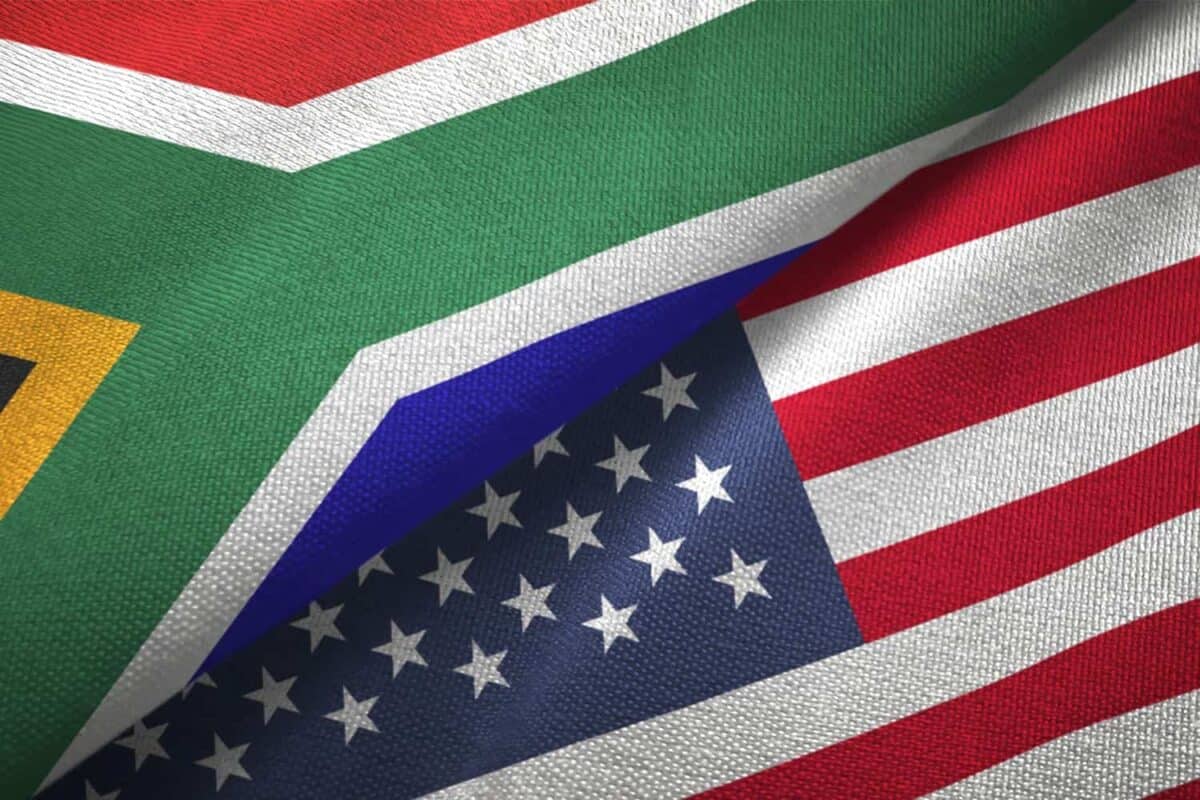Analysts argue South Africa has no muscle for a tariff war with the US and should instead pursue strategic diplomacy.
Experts are divided how South Africa should deal with US tariffs in light of China’s success in forcing the US to drop the exorbitant tariffs it imposed.
China refused to bend to Trump’s imposition of a 145% tariff hike. Instead, it imposed its own levy of 125%.
Following negotiations between the two countries in Geneva, Switzerland, there was an agreement that the US tariffs on China would drop to 30% and China’s on the US to 10%.
SA lacks economic strength to confront US tariffs like China – experts
South African political analysts have different views, with one saying the country could not afford to do the same as China and embark on a tit-for-tat tariff battle with Washington because South Africa is no longer an economically or politically powerful force in Africa. Instead, it has declined on all fronts.
International relations expert Jan Venter from North-West University suggested that instead of trying to emulate powerful China by imposing a reciprocal trade levy on US goods, South Africa should align itself with President Donald Trump.
He advocated for convincing Trump that the country could do something to please him.
ALSO READ: US and China agree to slash tariffs in trade war de-escalation
South Africa had little to bargain with, he said, as its economic power has declined over the years.
“We have made a living of formulating an international relations environment where we have the best of the West – America and Europe – and the best of China and Russia,” Venter said.
“America wants us to come over to its side and we really have nothing except if we convince America that this country is open for business. We have to tell America that we are going to rebuild infrastructure and we are going to give them value for money.
Pursue strategic diplomacy
“The best way would be to engage with America, find out what it is they want and give them an idea that we are going to agree to some of their demands.”
He said a positive attitude towards the US would help to restart the “money line” from the US, which would ensure the reinstatement of aid focusing on HIVAids and medical research.
“The sooner we get that money back, the sooner people will reap the benefits again.”
ALSO READ: Trump announces first post-tariff trade deal with UK
He said South Africa had no muscles to flex because it was not even a regional superpower any more.
“We have no military, the police and so on are corrupt and our infrastructure is declining at a rapid rate. South Africa isn’t powerful; it does not have cards to play and all hope is on positive diplomacy,” Venter said.
Another analyst, Sandile Swana, said China was able to resist Trump’s aggressive approach because it did not really depend on the US for trade.
China has good grounds to stand up to US
As China had grown so rapidly economically and in terms of technological advances, it was in a better position to dictate terms and direction and set international standards in those areas in future.
“So, China has good grounds to stand up against the US and it was morally necessary for them to do that.
“Their culture does not permit them to be cowards. So they’ve done well and I think they are still going to do better. This is just the start,” Swana said.
ALSO READ: Trump tariff threat could cripple African film and TV industry
South Africa also had some economic grounds to resist US trade tariffs and the withdrawal of aid.
“South Africa has no basis to worry about the US, the amount of trade under Agoa is negligible and the US is not our No 1 trading partner,” Swana said.
SA exports to the US relied mainly on US and European companies based in South Africa and the white farmers who were all “Trump’s stakeholders”, but not the black majority who did not export anything to the US, he said.
Ramaphosa doesn’t have to compromise
“Ramaphosa doesn’t have to compromise anything with the US. The US can be free to do deals with the white population and American companies based here,” he said.
Trump’s tariffs policies and sanctions have been opposed domestically, including by US chief executives and top investment and finance houses.
“They are not convinced that it’s a correct strategy for the US to continue to involve itself in such an endeavour. So that’s a problem Trump has to face, relative to the tariffs,” Swana said.
NOW READ: Trump-Ramaphosa meeting seen as key to easing tensions
